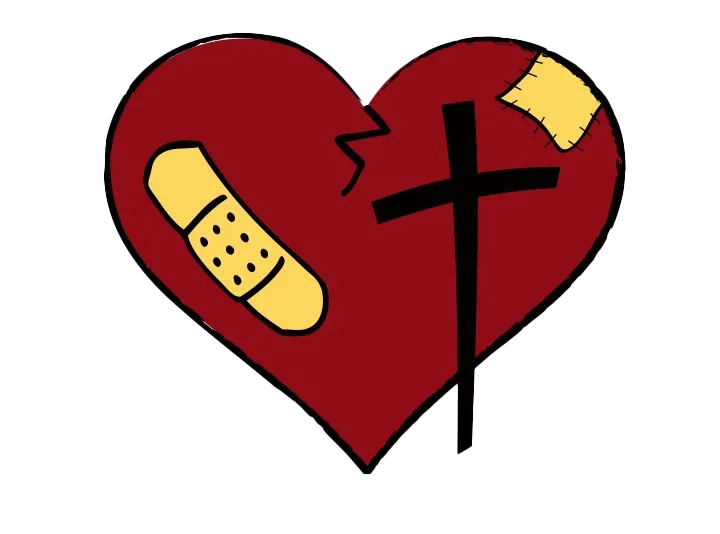First interview with Lou Koon
Kenneth (“Lou”) Koon, a retired military chaplain, was rescued from a dark suicidal time when his son recognized a change in routine and intervened.
Lou went on to develop suicide intervention training, create the Stop Suicide USA organization, and publish a book on his methodology, Listen Learn Lead: Courage to Ask, Power to Save [links on the resources page].
He has personally intervened over 2000 times and they area all still alive.
He has trained over 30,000 people in suicide prevention, including many first responders and military personnel.
Second interview with Lou Koon
As Mark prepared to launch the web page, friends shared over a dozen stories of personal trauma they had experienced related to the suicide of people they knew. This prompted Mark and Lou to record a second interview to discuss some of these themes, in addition to the main objective of raising awareness of the need to be prepared to save a life for those not yet personally exposed to the subject.
We also discuss the importance of humor, at the right time. Lou shares the story of when he got a call from a homeless vet, 1500 miles away, the vet is suicidal, has his 45 pistol, tells Lou not to call the police - will be suicide by police - and Lou uses humor to save his life.
The vet has struggles to this day, but is still with us.
I also share my favorite funny dog story - had him going for a while!
Interview with Ron Driver
Ron Driver was Mark’s instructor in the newcomers class at Mark’s first night at a 12-step recovery program, where he had gone to learn how to fix his daughter, who was addicted to Oxycontin.
When Mark and Ron met up 17 years later, Ron shared his experience with depression and suicidal thoughts during the pandemic and that his life was saved by the 988 suicide prevention hotline. Ron agreed to film this interview and then jumped into this effort to raise public awareness with both feet.
Interview with Sandy
Sandy has experienced many traumas and struggles, any one of which could have been devastating. This includes the suicide of her older son, the murder of her younger son, years of an abusive spouse, a life flight after a head-on accident between her motorcycle and a car, later a stroke and heart attack, flat-lining, and being brought back.
Sandy shares the many sources of hope and recovery that enabled her to deal with all these experiences. Her faith, a 12-step recovery programn, and the Grief Share program were all key.
I had not heard of Grief Share before, but soon after this interview my pastor announced he was starting a Grief Share program at our church. My wife and I are attending, and there is a link to the organization on the Resources page.
Interview with Dominique
It was not easy being a black female Marine. Being pregnant, a single mother, needing to breast feed her baby - all were challenges. When she had suicidal thoughts, what made her focus on hope was thinking of her children, her future child.
What is important is finding the help that is available, finding a good counselor that you connect with and can trust, but first being willing to ask for help.
Interview with Leah
Leah worked in programs funded by state and federal grants, to provide suicide prevention and substance abuse prevention - to youth and teens around Georgia.
The pandemic complicated the work tremendously, due to students studying from home. The teens lost their social connections, which increased feelings of lonliness and isolation.
The biggest thing we're trying to do with teens is build up the positive assets they have in their lives, the way that they feel about themselves, the way that they think others feel about them, how connected they are with their peers, with their school teachers, family, and try to also develop some good activities for them to get involved in

© 2024 Be Prepared To Save A Life



